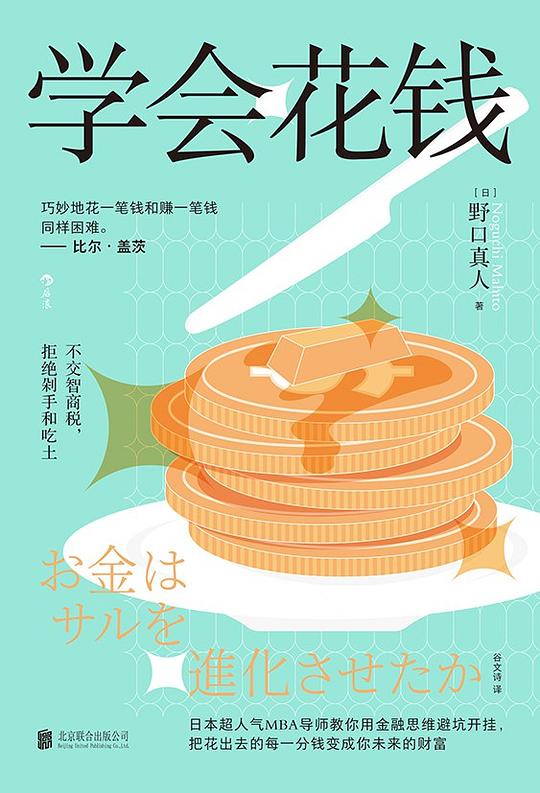
《学会花钱》花钱智慧:掌握技巧,成为金钱大师
书名:学会花钱
1
0

爱哭鬼 2023-05-30 13:12:44
Bill Gates once said, "Its just as hard to spend a dollar wisely as it is to earn one." The money we earn is the result of selling our output for our time. The money we make is used to buy the things we need, resulting in an equivalent exchange.
Some people invest their money in the stock market, while others deposit it in the bank. Some use money to buy cars, real estate, luxury goods, etc. We always hope that the money we have can bring us more benefits.
When we hear someone say, "This is definitely a way to make money," and then we see that person making a lot of money, we might be tempted to join in. However, in the book "Learn to Spend Money," the author Noboru Noguchi tells us that "there are always people who are gullible and suffer huge losses because of it."
This is no different from gambling with money; we just dont have the courage to gamble. Those who gamble with money are never satisfied and refuse to admit that they are the losers.
Surprisingly, the history of using money is less than 3,000 years old, much later than our evolution from primates to humans. Money has brought us the benefit of being a means of storage, which helps us avoid some risks and provides us with a greater awareness of uncertainty in the future.
According to the author, there are two reasons why we cannot use money wisely. Firstly, we do not know how to infer the value of money. Secondly, we have not found a way to deal with uncertainty.
The decision-making mechanism for spending money is simple. We just need to see if the value we receive is greater than the price we pay. In this sense, Warren Buffett, also known as the "Stock God," is no different.
But how can we determine value and price? In the world of finance, wallets are divided into three types: consumption, investment, and speculation.
The first wallet is the consumption wallet. This means we satisfy our desires and needs by spending our assets. If we go to New Oriental just to learn how to cook, the tuition fee is considered consumption.
The emotional satisfaction that this consumption brings has a high degree of personal subjectivity. For example, when we buy things, we compare prices and choose the cheapest store. But if we are in a hurry to buy something, and dont have much time to compare, we will choose the nearest store to save time.
The second wallet is the investment wallet. Investment is to put our current capital into activities that will bring us more capital in the future. In other words, I spent 100 yuan on something and expect it to bring me a return of more than 100 yuan in the future.
For example, if we learn to dance on weekends to have a more diverse career path in the future, this is considered an investment. If we are only doing it to maintain our physique, shape our body, and gain a skill we can show off, this is consumption.
"Future cash flow," which reflects the flow of funds in and out, is what we will have in the future if we have more money. The author believes that when we consider whether to spend money, we should consider how future cash flows will change.
The third wallet is the speculative wallet. For example, buying lottery tickets is like saying "Im ready to lose money and challenge myself to see if I can get more return than the cash I put in." The difference between investment and speculation is that investment has less risk, while speculation has higher risk, but there is no clear standard for distinguishing the two.
Generally speaking, gambling is a losing proposition because you cannot win every time. Buying precious metals like gold or diamonds or artwork that may appreciate in value is also speculation in the authors eyes because no one knows how much the appreciation will be.
Investment is risky because the future is uncertain and unpredictable. The author also reminds us in the book that "for goods whose value is determined by cash flow, try to avoid selling them if the actual price exceeds your psychological price."
Of course, this is just one aspect of the book; it also introduces concepts such as time and value, probability and illusion, and risk and return in the world of finance. Through this book, I have gained more understanding of how to spend money wisely. I have gone from being a "spendthrift" to someone who can save some money to make the most of it in the future.
相关推荐
萤火谷的梦想家
艾莉森•麦吉出生于1960年,是美国《纽约时报》畅销书作家,同时也是大都会州立大学创意写作课的教授。她的作品被翻译成20多种语言并出版,也曾被提名普利策奖,并获得苏斯博士奖金奖、克里斯托弗图书奖、美国 [美]艾莉森•麦吉/[美]克里斯托弗•丹尼斯/绘 2023-03-27 16:50:25鬼马女神捕1·绝密卧底(上)
腹黑凤凰vs毒舌鸡妖——蓝翎:“小姬,跟我去人界吧!”姬十四:“干吗?让人宰了我做小鸡炖蘑菇吗?”蓝翎:“不啊,让妖怪宰了你做小鸡炖蘑菇更气派。”凤凰蓝翎和鸡妖姬十四生活在无忧无虑的灵界。他们的故乡叫 郝天晓 2023-04-17 00:22:47© 2023-2025 百科书库. All Rights Reserved.


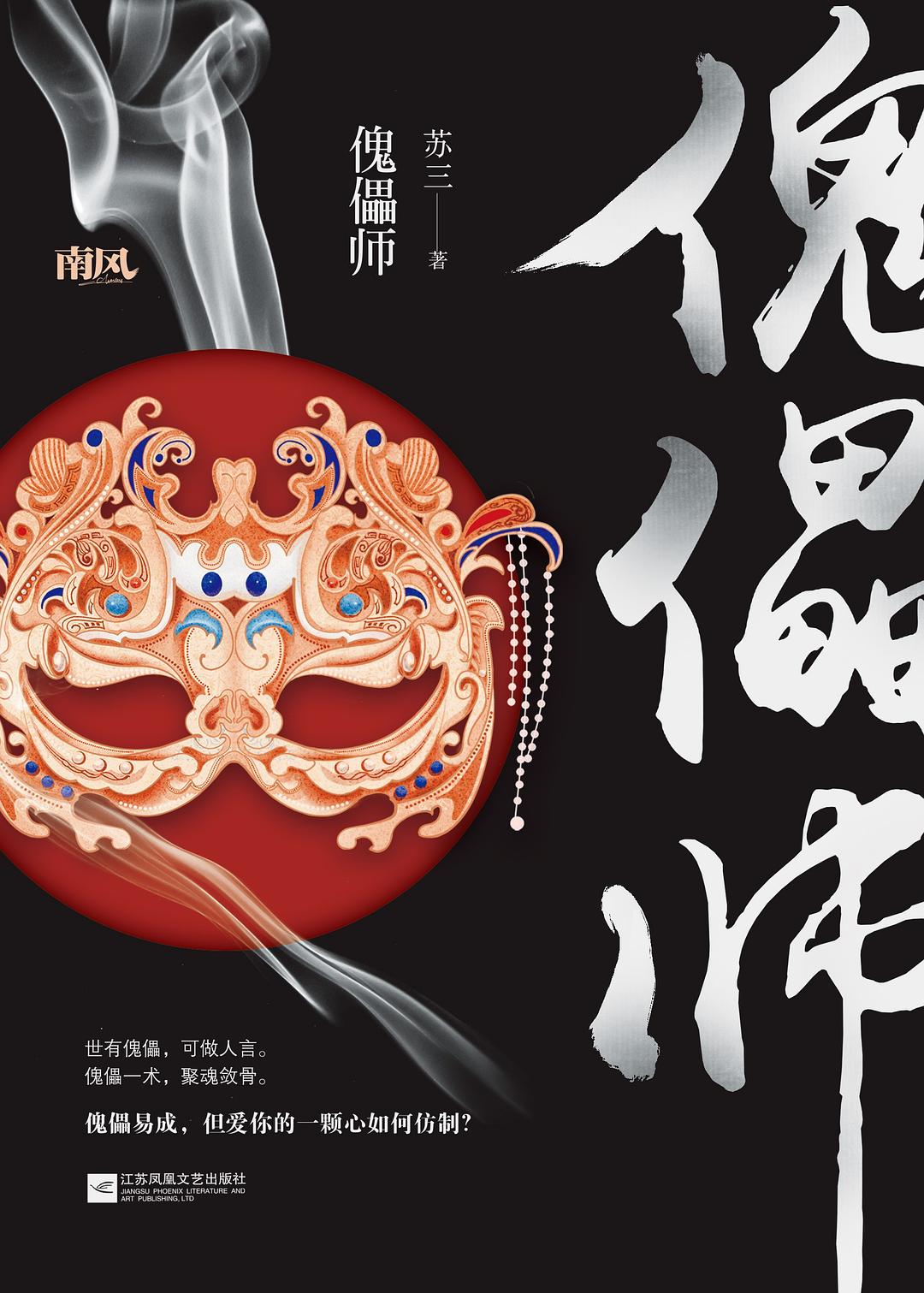
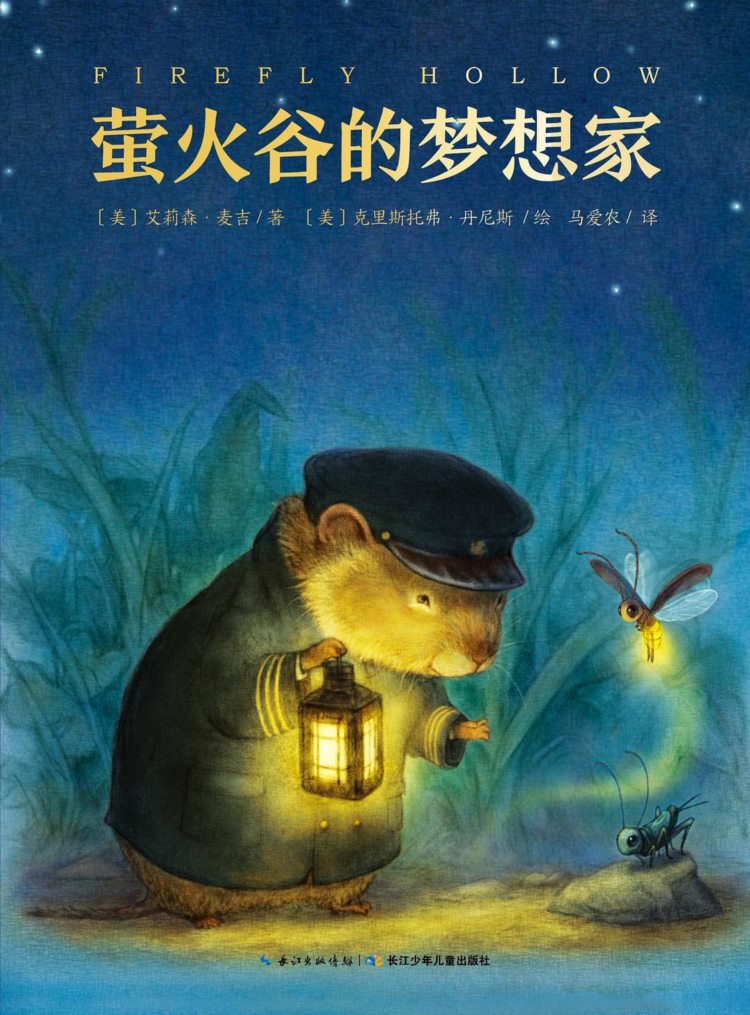
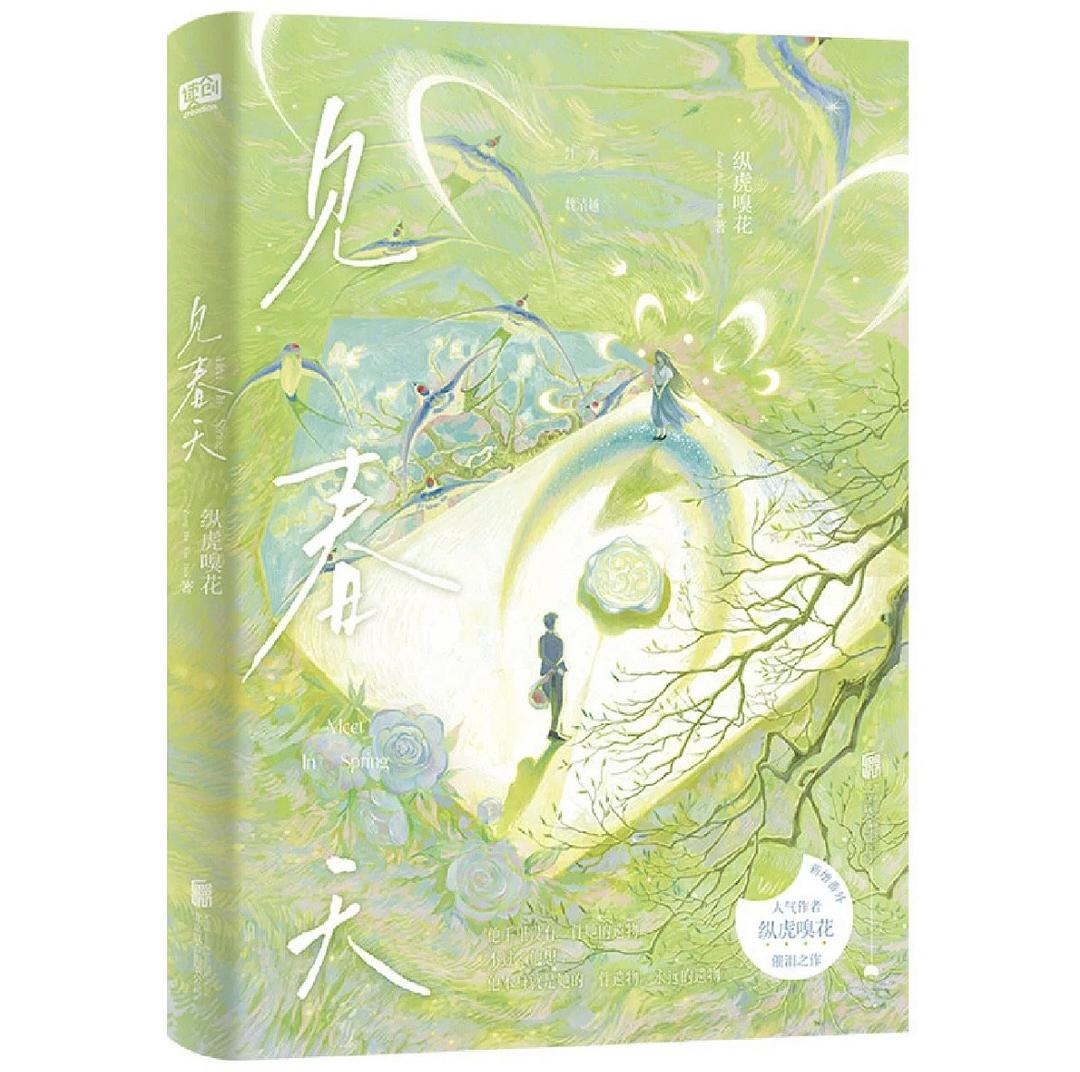

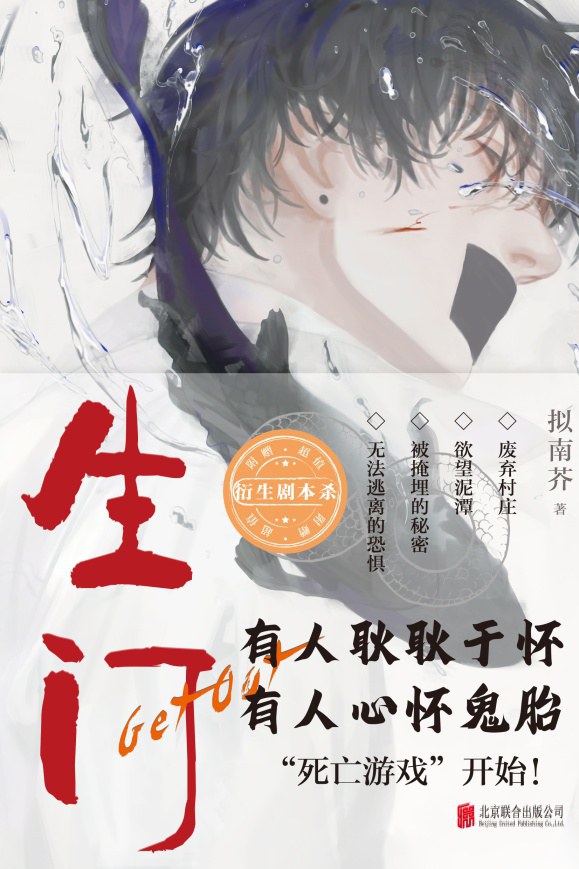



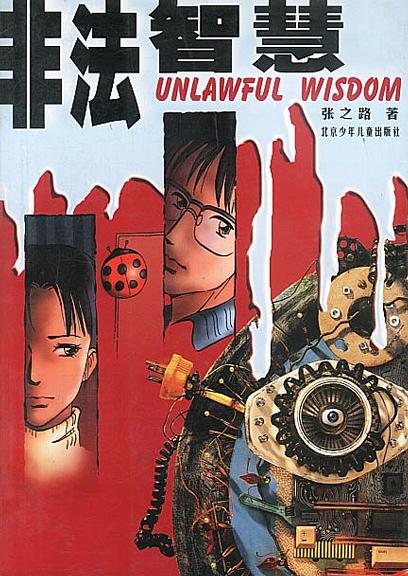
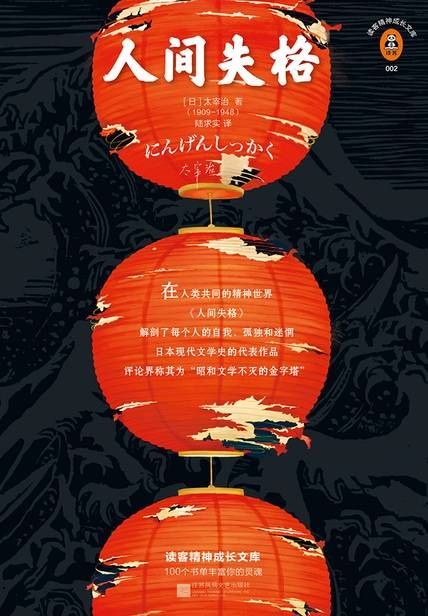
发表评价